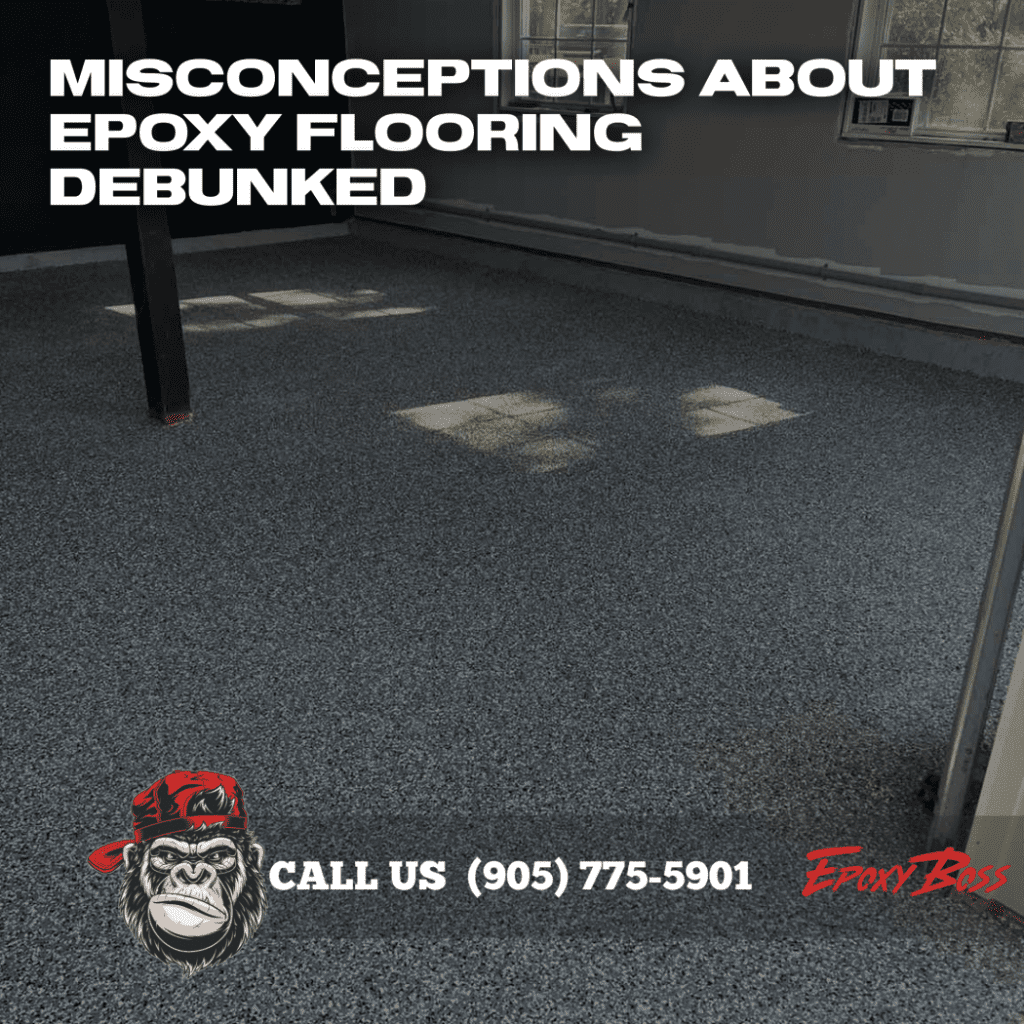Epoxy flooring is a popular choice for industrial and commercial spaces due to its durability, resistance to chemicals and abrasion, and its ease of maintenance. Here are some things to consider when installing epoxy flooring in an industrial or commercial space:
Surface Preparation: Proper surface preparation is critical to the success of an epoxy flooring installation. The concrete substrate must be thoroughly cleaned, and any existing coatings or sealers must be removed before the epoxy can be applied. The surface may also need to be profiled to ensure proper adhesion.
Type of Epoxy: There are several types of epoxy available, including water-based, solvent-based, and 100% solids. The type of epoxy used will depend on the specific needs of the space. For example, a water-based epoxy may be appropriate for a food processing facility where there are strict hygiene requirements.
Thickness: The thickness of the epoxy coating will depend on the expected traffic and use of the space. For high traffic areas or areas where heavy equipment will be used, a thicker coating may be required to ensure durability.
Slip Resistance: Depending on the nature of the business or industry, slip resistance may be an important consideration. Epoxy flooring can be modified with aggregates or anti-slip additives to provide better traction.
Color and Design: Epoxy flooring can be customized with a variety of colors and designs to fit the aesthetics of the space. Some businesses may choose to incorporate their logo or branding into the flooring design.
Overall, epoxy flooring can be an excellent choice for industrial and commercial spaces due to its durability, ease of maintenance, and customization options. However, proper installation and surface preparation are critical to ensuring its success. It is important to consult with a professional installer to determine the best epoxy flooring solution for your specific needs.
















